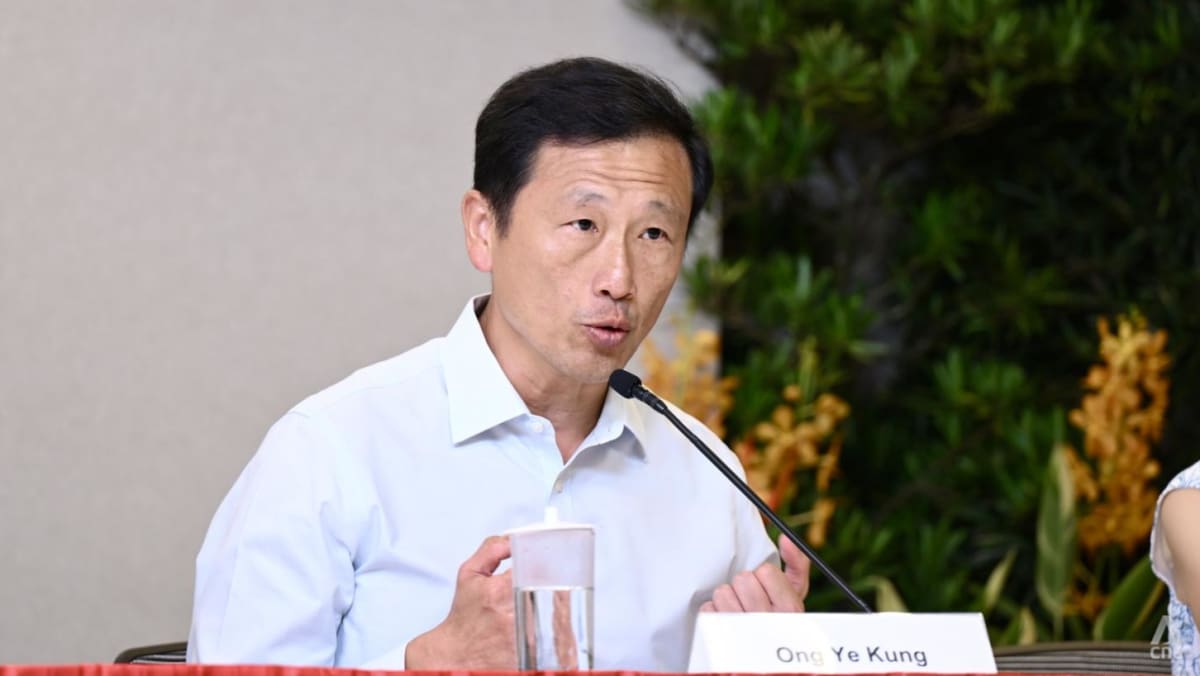
Director and AI technology expert at X-on Health Max Gattlin is the driving force behind Surgery Assist, a pioneering system which is revolutionising the patient/practice experience, and AI is at the heart of the system.
With over two-thirds of patients contacting their GP practice via the telephone rather than through other channels such as the NHS app, thousands of hours are taken up with the GP’s receptionist’s team dealing with calls when the AI enhanced Surgery Assist can put the power “back in the hands of the patient”.
“That’s what I am most passionate about,” said Mr Gattlin “empowering patients. One of AI’s strengths is sorting information, and we have put that to work in Surgery Assist.
Max added: “What people may not realise is the 8am rush isn’t just people looking for a GP appointment.”
An average-sized GP Practice will receive in the region of 10,000 telephone calls per month, and with X% of those calling first thing in the morning, that’s a lot of people queueing. A lot of waiting around, missed calls, lost appointments.
“Today’s GP Practice provides a wide range of healthcare services with physiotherapists, dietitians, mental health practitioners, occupational therapists all under the same practice umbrella.
“It might be a simple case of organising a repeat prescription. Our AI development in Surgery Assist enables the patient to access the correct service without the need to be placed in a general catch-all queuing system.”
At X-on Health, they are already advising clients to adopt a ‘bot’ first approach, in which AI assistants capture, manage, and redirect up to 40% of demand into non-GP services such as community service, PCN services, or self-service.
For Max Gattlin, witnessing the benefits Surgery Assist brings to a Practice, and easing the 8am logjam, is immensely satisfying, but one of the AI functions he is particularly proud of is Surgery Assists’ language skills!
“Surgery Assist can identify and ‘converse’ in 60 languages, which is a real time saver for the practice and incredibly empowering and reassuring for the patient.”
Max is adamant that patients should not feel intimidated by AI. For Mr Gattlin, patient empowerment means giving patients AI to self-serve for non-urgent needs.
“This will free clinicians to focus on more complex preventative care. If we can remove the demand before it flows into the practice, the burden will be eased immediately,” added Max.




